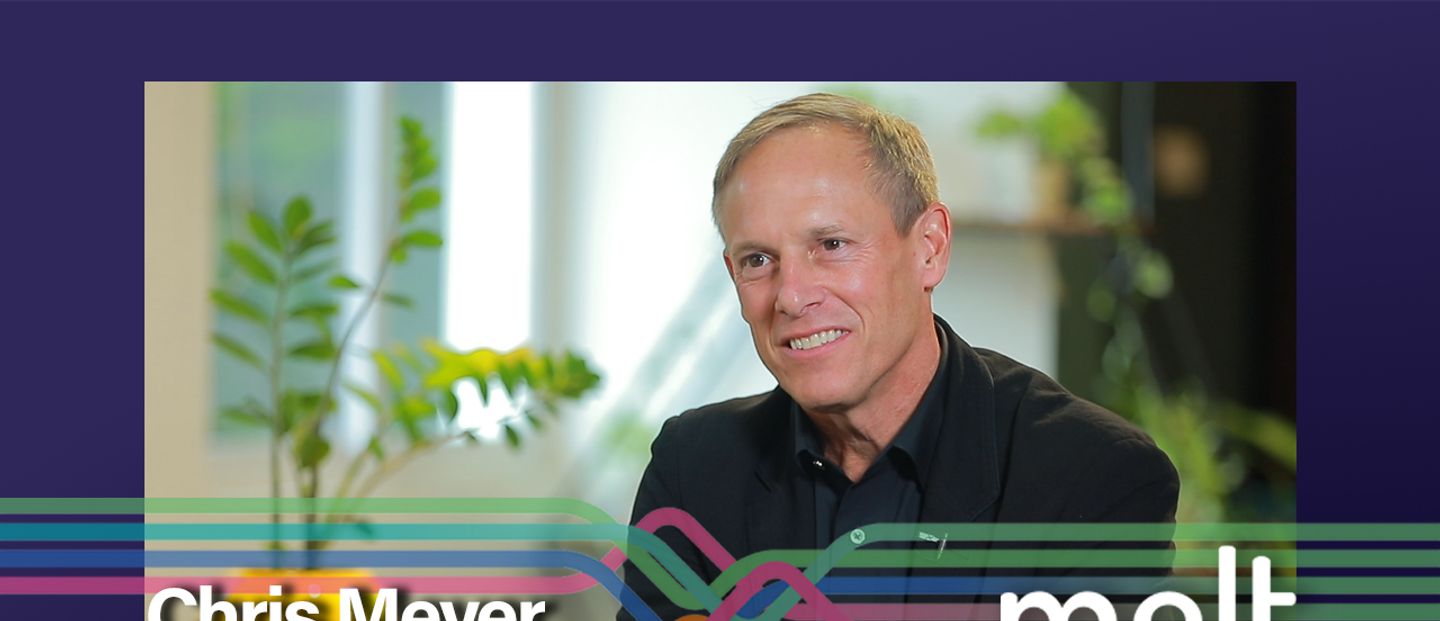Recently, GPJ CEO Chris Meyer had an opportunity to discuss our agency’s recent global milestones with Ready to Melt host, Suresh Vinkat, offering a chance to talk at-large about the global trends in experiential marketing and the hottest topics that will inform event strategies in the year ahead. Here is part two of the interview. You can read part one here.
Suresh: GPJ is also part of Project Worldwide, a network of independent agencies. At one level you compete with these agencies, at another level you collaborate with these agencies. How do you pull off this cooperative work environment?
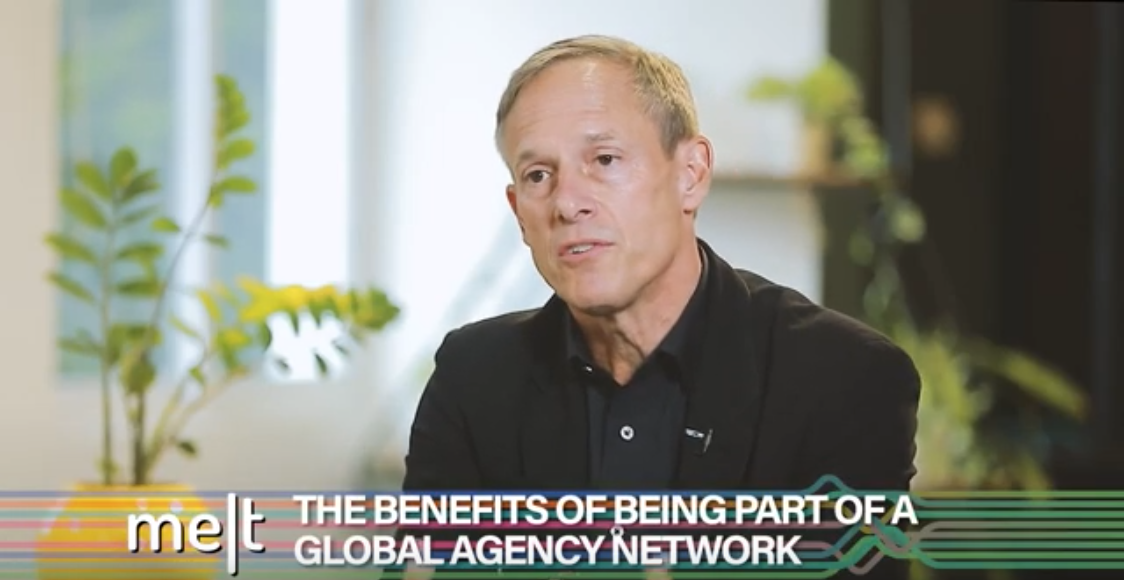
Chris: It’s a great question. Project Worldwide was formed out of GPJ, so it’s founded on the principles of experiential. Another big principle for us was to be the “unholding” company to really truly collaborate and not compete.
Across our network, we never compete and I would say 70-75% of the projects at GPJ involve at least one sister agency from the Project network and it works really well for us. During the pandemic we saw experiential take a big hit. The fact that we were diversified in our marketing mix and our services was very helpful. Also for our clients, having additional tools in the tool kit that we may bring to the party was really effective and allowed us to quickly provide the services that are needed for our clients.
Suresh: You help a lot of clients help their customers experience their clients’ products or services. How does the client get to experience GPJ’s products and services. Do you have an in-house marketing division that markets you?
Chris: We do yeah, we’re in the experiential marketing business, so when we’re promoting our own brand we try to use experiences. We have a pretty mature marketing team that focuses a lot on social media as well as industry awards. This year we’ve won more awards around the world, here in India as well, than we have historically, so that recognition from the outside is important to us, to our clients and to our teams. The other way that our clients get to experience our agency is we have a lot of referrals from brands who participate in other brand events. If we manage a large event for IBM or Salesforce, there are clearly other brands who participate as sponsors or exhibitors and they get to actually experience the type of events that we put on, and that often leads to them coming to discuss with us how we can help them with their events.
Suresh: Quite often experiential marketing activities tend to be very tactical and localized so many businesses are not for all of them. But you operate both at a local tactical level and at a global strategic level.
Chris: Correct.
Suresh: How do you upsell a client who’s planning something local and tactical, and what strengths can GPJ bring them from a worldwide lens for instance?
Chris: As far as evolving a customer relationship from individual, regional projects to global, there’s really no standard way to do that. It really depends on the needs of the brand. It’s very often that we will start working with a brand with one particular Geo or project and through that, be able to educate clients about why you need to have a more strategic programmatic relationship and that’s often global. On the flip side of that we’ve often grown up with brands where they start as small, fast-growing companies or unicorns whatever you want to call them and so often we go from working in a smaller size company and grow with them. If you look at brands like Salesforce, Kyndryl, Workday, Tesla and others, we started with them when they were very small companies and rode the wave with them.
Suresh: You’ve used the term ‘programmatic’ quite a few times in this interview can you help break it down, what does a programmatic relationship mean for marketers?
Chris: Programmatic as it relates to experiential means we truly look at the program; we look at the integrated program of events, where they fit into the marketing mix and help clients understand what that portfolio should look like so it’s the highest value (e.g. What events should they be attending? What proprietary event should they have?)
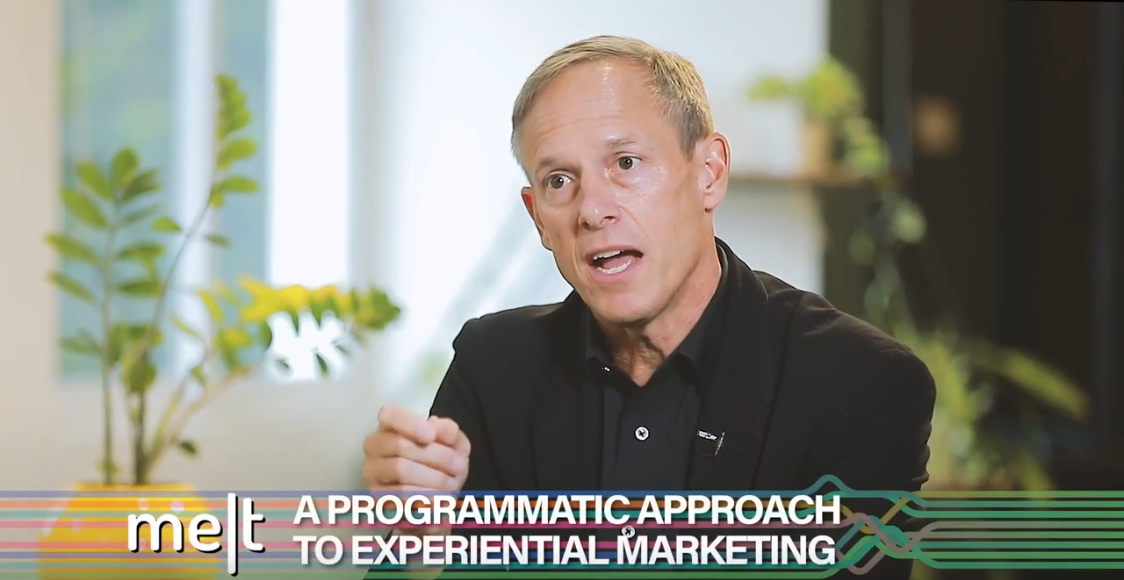
And then putting programs in place to drive brand consistency enables us to drive the lowest cost and the most efficient operating model around the globe, and also where it’s appropriate ensuring there’s compliance with things like GDPR. That’s a different approach than planning on a one-off basis and I think the experiential industry has matured greatly over the last decade where we’re seeing more and more clients really approach their experiential spend from a programmatic perspective.
Suresh: No conversation about experiential marketing is complete without some mention of the Metaverse. I’ve read in a previous interview that you’re not fully enamored by a completely virtual Metaverse where we immerse ourselves into a virtual world and forget about the real temporal world. What is your view of the Metaverse?
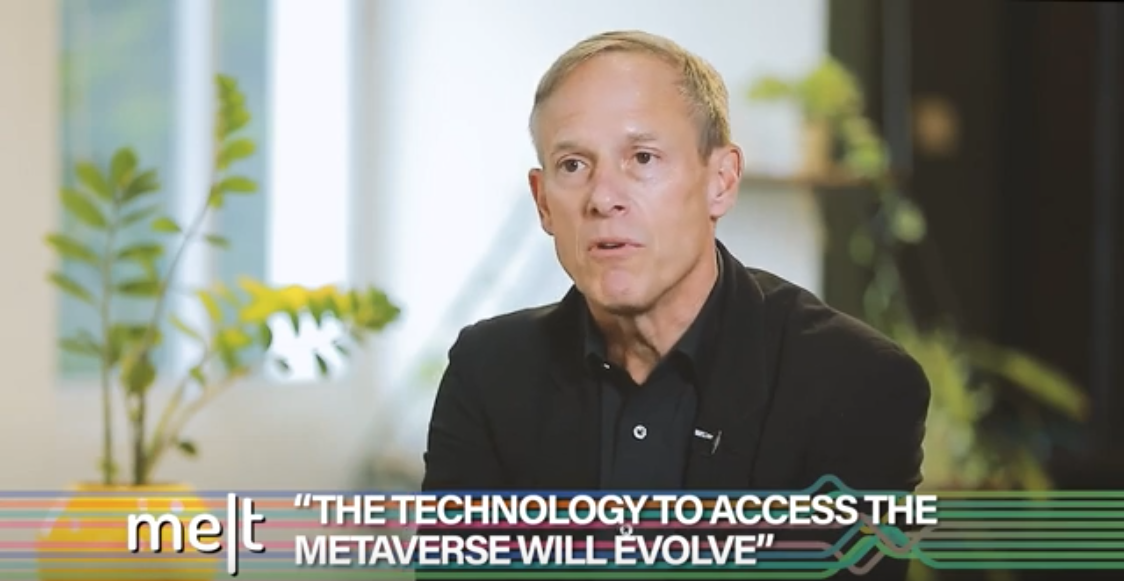
Chris: You know, I’m usually a very early adopter of technology and I think you know maybe I’m getting a little older now so not as quick to adapt, but regarding the Metaverse I think it will be a bit like augmented reality.
I think as it relates to experiential, we’re going to find the ability to participate in content that comes from events via the Metaverse, where you may navigate into a virtual environment or destination and we’re streaming content into the Metaverse that may be coming from physical events. From my view, and the piloting that we’re doing with clients, it’s really about that: how do you bring Metaverse and physical events together? I think that’s what we’re going to see for the next several years.
Suresh: Can you bring the picture for us 10 years from now a sort of event in the Metaverse, let’s say the launch of a car, what is it going to feel like and look like in real terms? If you were wearing bulky headsets so they’ve been minimized into contact lens size.
Chris: Yeah I think the technology like anything in the Metaverse will evolve and you know maybe the headsets will become either implanted or in your glasses or something a little more simple. But I think if you think about something like a product launch I think in the Metaverse eventually you will have some physical destination where maybe there’s a small group it’s a very unique or high-value audience but we’re then also allowing people to participate in the Metaverse to attend that product launch using that as an example. I think just like we’re seeing today in hybrid experiences where you have expertise in talent that understands how to create digital experiences and how to create physical experiences, we’ll see that continue to evolve in the Metaverse relevant to the talent needs to support and develop content and experiences in that space.
Suresh: Let’s switch tracks a little bit: conferences and festivals. Music festivals in particular are back in a big way and we’re seeing some big ticket festivals launching in India as well. What trends are you seeing post-pandemic in conferences and festivals?
Chris: So trends that we’re seeing that apply to festivals, conferences and events; I think number one, sustainability is front and center for everyone. It’s top of mind for all of our clients, so ensuring that we are designing and delivering in a sustainable way is very important. Number two we’re seeing either things get bigger or get smaller, and if you think about a portfolio that may have small, custom high-value touch points to large scale events we’re seeing trends of both of those growing. In the middle is where we’re seeing them go away, when you’re looking again at portfolios you’re seeing the mid-tier struggling.
From a creative perspective we’re seeing what I call a ‘cohesive creative’ where in the past creative really was applied to individual parts of events and experiences (whether you’re designing a booth or a stage set or things like that).
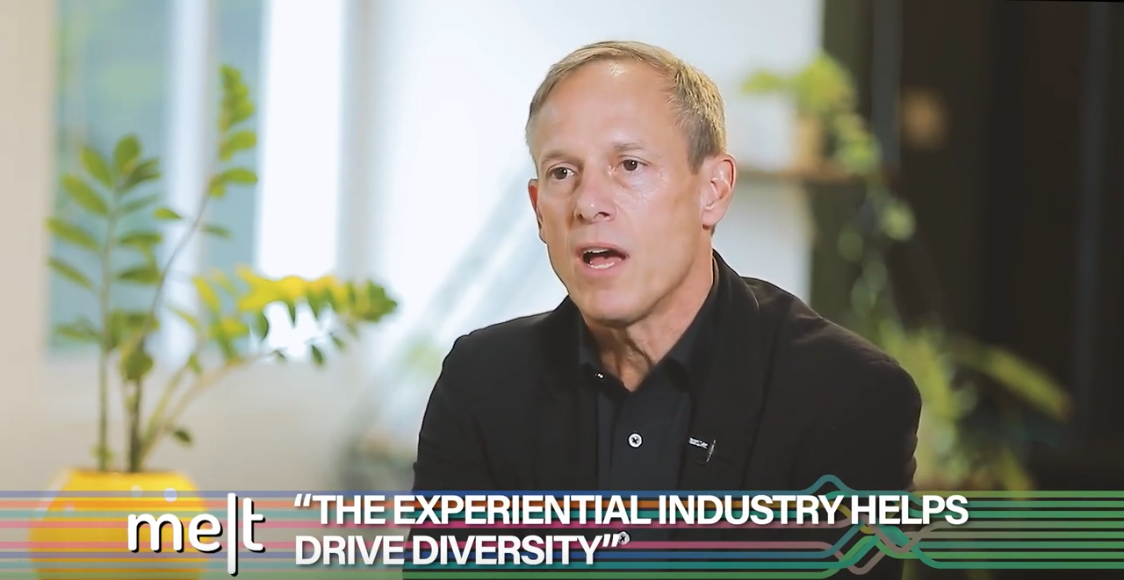
Now every touch point is integrated into the design and that involves content that emphasizes architecture, so a more holistic approach to creative thinking. I think the last big trend is around diversity. I think the diversity of audiences, the diversity of teams to support events and clients is important, and I think that our industry is helping drive greater diversity in everything that we touch.
Suresh: Let me ask a question about your talent policy, have you seen any changes in the kind of talent you hire? I would like you to answer this question first from a global perspective and then an Indian perspective.
Chris: Absolutely. When we hire, you look at the services that an agency like ours provides. It’s everything from strategists who may come out of consulting, to creatives who come out of all different backgrounds. Take digital, we’re hiring people that come out of television or movie production with that production-side experience. We’re also hiring people that have grown up more in IT or in digital experiences, so the talent we’re hiring really aligns to the services that we’re offering and that is much more diverse than it was 5-10 years ago. Production experts are now complemented by very different skill sets. That’s at all levels of the hiring chain whether we’re developing young talent or bringing in senior level folks that come from places like television or consulting.
Suresh: Does everybody need to have a tech and data background these days in the experiential business. Is that like a mandatory for all your hires?
Chris: Yeah I think it’s mandatory to have that expertise. It’s also mandatory for teams to generally understand how technology applies, how data is relevant to both the measurement side of things as well as the hyper-personalization of experiences.
Suresh: Chris Meyer, thank you very much for talking to us.
Chris: Thank you, I appreciate it.
